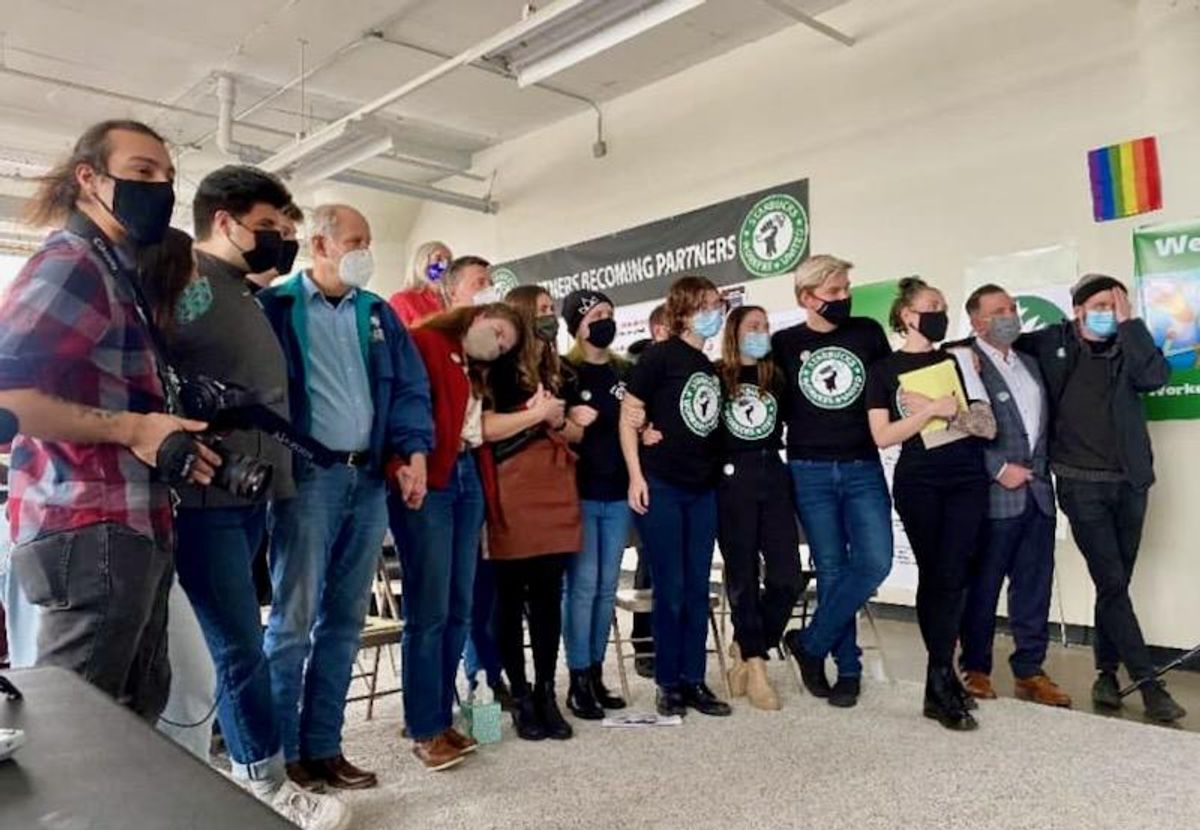
Washington, D.C., Attorney General Karl Racine said Velsicol knew its chlordane pesticide was toxic no later than 1959, but it continued to market the product, including in 1961 when it produced this advertisement. Image courtesy of Washington, D.C., Attorney General Karl Racine/Lawsuit
Oct. 14 (UPI) -- Washington, D.C., has filed a lawsuit against Velsicol, accusing the major chemical manufacturer of contaminating local waterways and natural resources for decades with toxic, cancer-causing chemicals.
The lawsuit was filed Thursday by Washington, D.C., Attorney General Karl Racine, who said they are going after the company as it made profits for decades while polluting the district's water supplies.
"The damage that Velsicol caused will continue to impact the health of communities in the District of Columbia far into the future, particularly Black and brown community members, as these chemicals persist in our environment and continue to wreak havoc on our natural resources," Racine said in a statement.
The lawsuit centers on Velsicol's pesticide known as chlordane, which was banned nationwide by the Environmental Protection Agency in 1988 over the threat it poses to human life. The EPA has classified chlordane as a Group B2, probable human carcinogen.
Velsicol was the sole manufacturer of the pesticide, which at one point accounted for more than two-thirds of its annual sales.
It began to manufacture the chemical in 1945, and the lawsuit states that Velsicol knew it was associated with cancer no later than 1959.
Until it was banned, Velsicol sold the pesticide while conducting a lengthy "campaign of misinformation and deception to prolong reaping the financial rewards of selling its chlordane products" in D.C., Maryland and Virginia, the lawsuit said
Oct. 14 (UPI) -- Washington, D.C., has filed a lawsuit against Velsicol, accusing the major chemical manufacturer of contaminating local waterways and natural resources for decades with toxic, cancer-causing chemicals.
The lawsuit was filed Thursday by Washington, D.C., Attorney General Karl Racine, who said they are going after the company as it made profits for decades while polluting the district's water supplies.
"The damage that Velsicol caused will continue to impact the health of communities in the District of Columbia far into the future, particularly Black and brown community members, as these chemicals persist in our environment and continue to wreak havoc on our natural resources," Racine said in a statement.
The lawsuit centers on Velsicol's pesticide known as chlordane, which was banned nationwide by the Environmental Protection Agency in 1988 over the threat it poses to human life. The EPA has classified chlordane as a Group B2, probable human carcinogen.
Velsicol was the sole manufacturer of the pesticide, which at one point accounted for more than two-thirds of its annual sales.
It began to manufacture the chemical in 1945, and the lawsuit states that Velsicol knew it was associated with cancer no later than 1959.
Until it was banned, Velsicol sold the pesticide while conducting a lengthy "campaign of misinformation and deception to prolong reaping the financial rewards of selling its chlordane products" in D.C., Maryland and Virginia, the lawsuit said
"This campaign included targeted advertisements for dangerous household use of chlordane and resisting the EPA's efforts to ban continued sales of chlordane long after Velsicol know about the chemical's toxic effects," the court document continued.
The lawsuit states that a year after the ban on chlordane was put in place, the district warned residents not to eat certain fish from the Potomac and Anacostia Rivers due to contamination. In 2016, the district found that 21 of its 38 miles of rivers and streams were not in compliance with water quality standards for chlordane.
The district said that has "devoted considerable time and funds" to ensure its watersheds meet the chlordane guidelines, including placing filters in some 15,700 catch basins and 575 outfall storm systems to reduce the amount of chlordane that is discharging to streams it inspects.
According to the lawsuit, it has so far spent nearly $30 million on this effort and expects to spend $1.2 million annually for the foreseeable future. It has also spent close to $7 million to investigate chlordane contamination at Poplar Point, which is adjacent to the Anacostia River. The district also expects to spend another $35 million to address contaminated sediment, it said.
"Because chlordane is environmentally persistent, it will continue to circulate in the district's surface water, sediment, fish, wildlife, marine resources and other natural resources," the lawsuit states. "Widespread contamination continues, posing current and future threats to human health and the well-being of the district's environment and economy."
D.C. is suing for damages for injury to its natural resources, including its economic impact from loss of ecological services and other injuries, as well as for past, present and future costs to investigate, assess, analyze, monitor and remediate the contamination.
Read More















